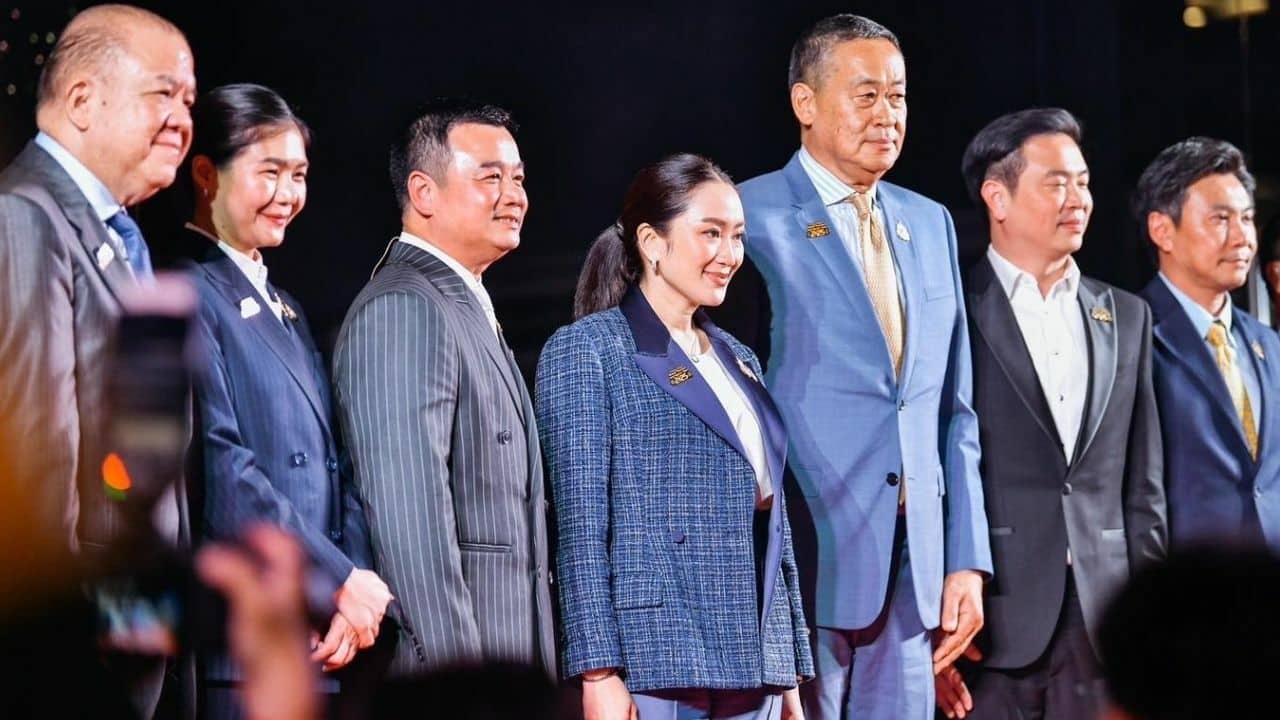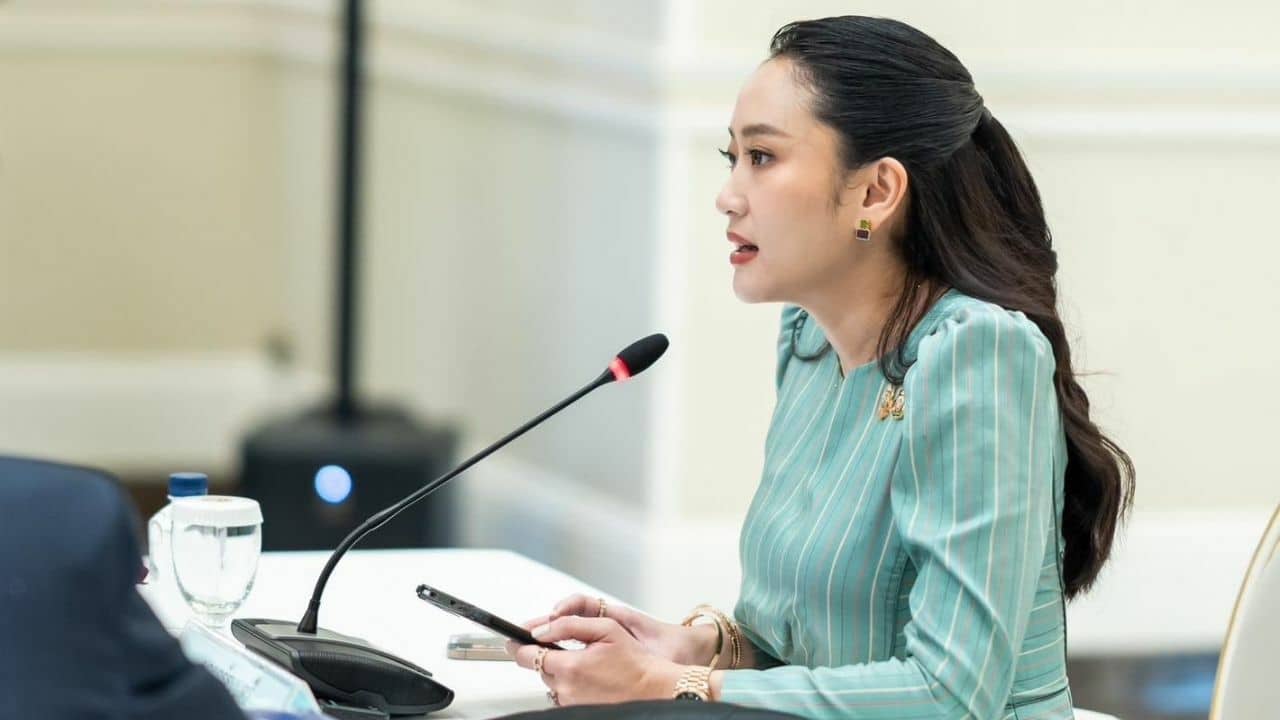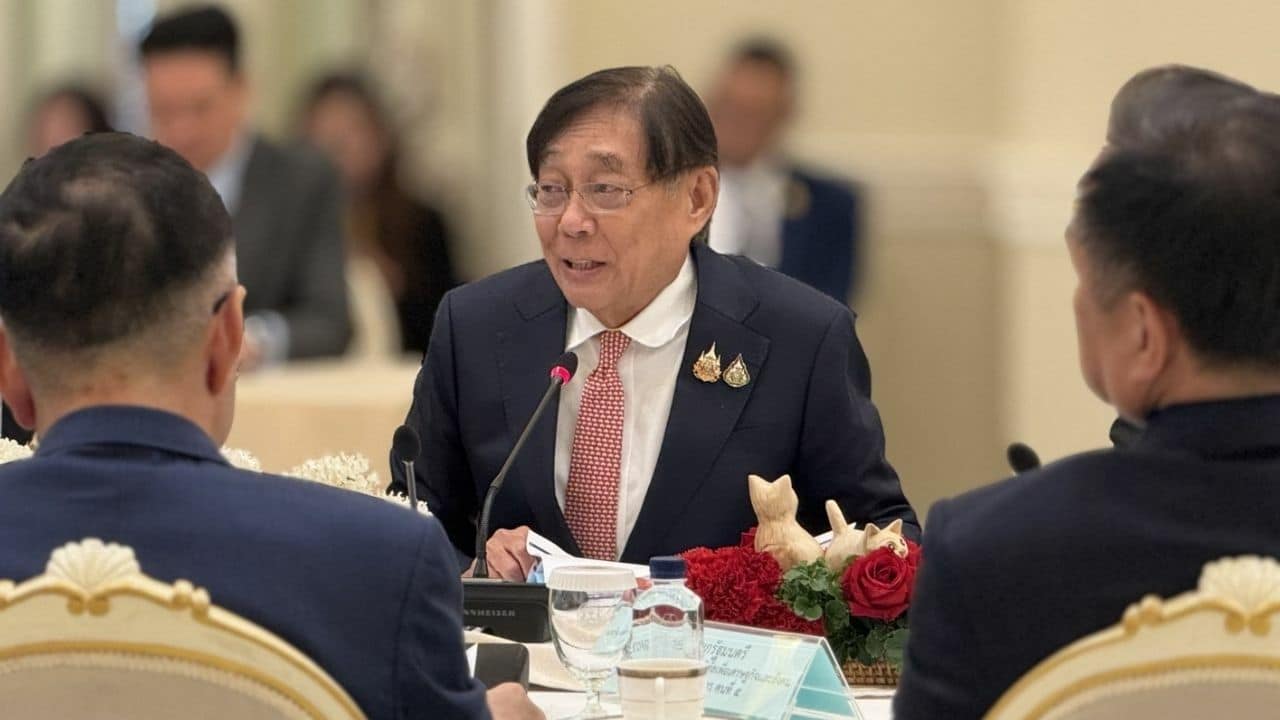Thailand postpones digital wallet scheme indefinitely
Not due to lack of funds but budget reallocated to more urgent priorities

The Thai government indefinitely postponed the digital wallet programme, citing world economic issues and a new US tax policy as the reasons for the delay.
The digital wallet scheme was a flagship campaign of the Pheu Thai Party and has been promoted since the General Election. The initiative is reported to be of the former Prime Minister Srettha Thavisin.
The scheme aimed to distribute 10,000 baht in digital currency to 50 million Thai residents to stimulate the economy and boost purchasing power. The total budget earmarked for the project ranged from 450 to 500 billion baht.
After the premiership was handed over to Paetongtarn Shinawatra, many supporters who had voted for the Pheu Thai Party in anticipation of receiving financial aid began to question the direction and timing of the scheme.
Several politicians, political activists, and economic experts opposed the initiative, arguing that the project would cause more harm than good, potentially leading to significant national debt and undermining confidence in the economic system and financial liquidity.

PM Paetongtarn consistently affirmed her commitment to the programme. Under her administration, the government completed two phases of the scheme, providing financial aid to elderly and disabled citizens.
Working-age residents hoped to be included in the third phase. However, the government announced that this phase would initially target only those aged 16 to 20, allowing young people to use the funds to support their families.

The funds were originally scheduled to be distributed in the second quarter of the year, according to an interview with Finance Minister Pichai Chunhavajira in February. No further updates were provided until yesterday, May 19, when Pichai announced the indefinite postponement of the scheme.
Pichai clarified that the project was being delayed, not cancelled. He explained that the government was reallocating the budget to more urgent national priorities, not due to a lack of funds, but to maximise the benefit to the country.

He added that the change in plan was partly influenced by global economic challenges, including a new tax policy from the United States under the leadership of Donald Trump. With Thailand’s tax collection falling short of its target, the government felt compelled to delay certain financially demanding policies.
According to Pichai, the 157 billion baht originally earmarked for the third phase will now be redirected towards addressing structural issues, such as transportation infrastructure, tourism development, national competitiveness and increased employment rate.
Latest Thailand News
Follow The Thaiger on Google News:


























